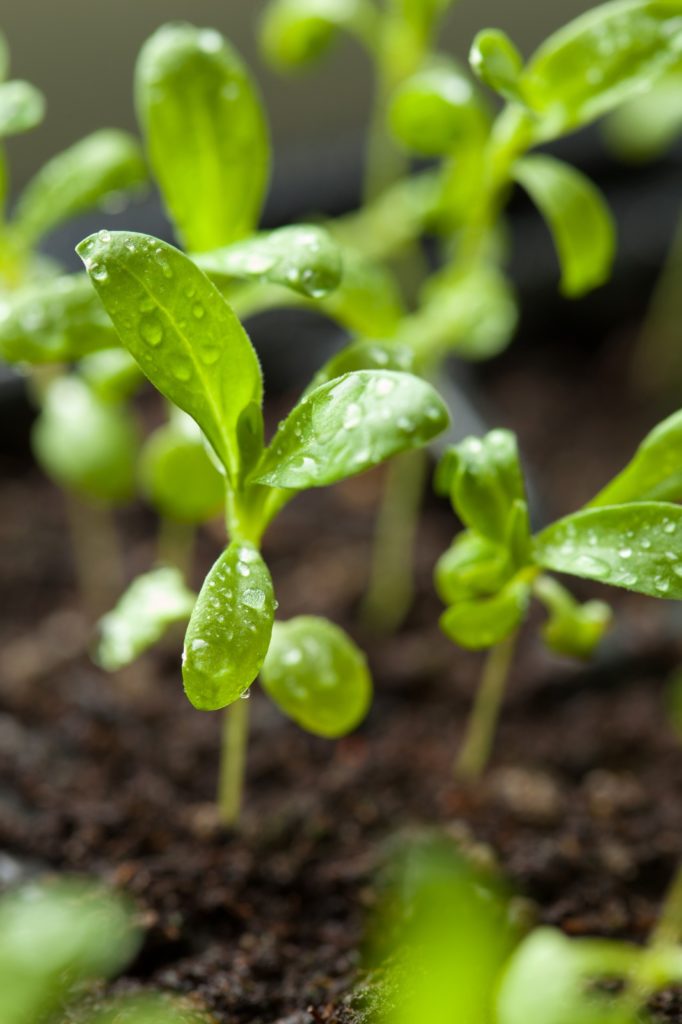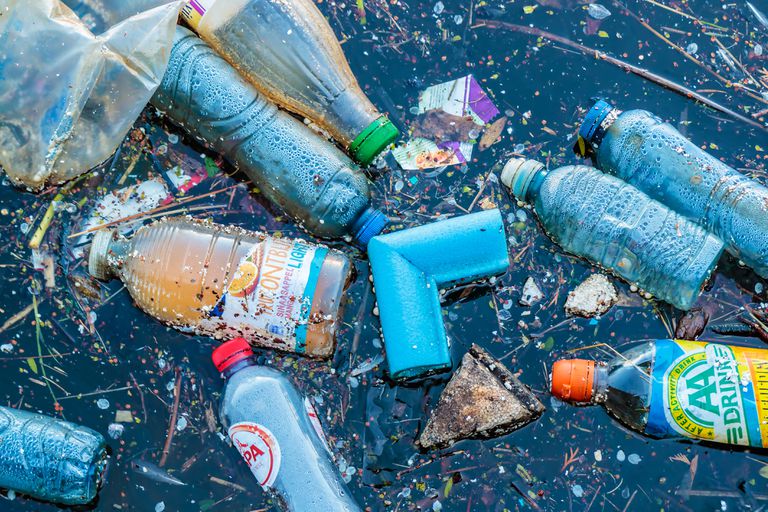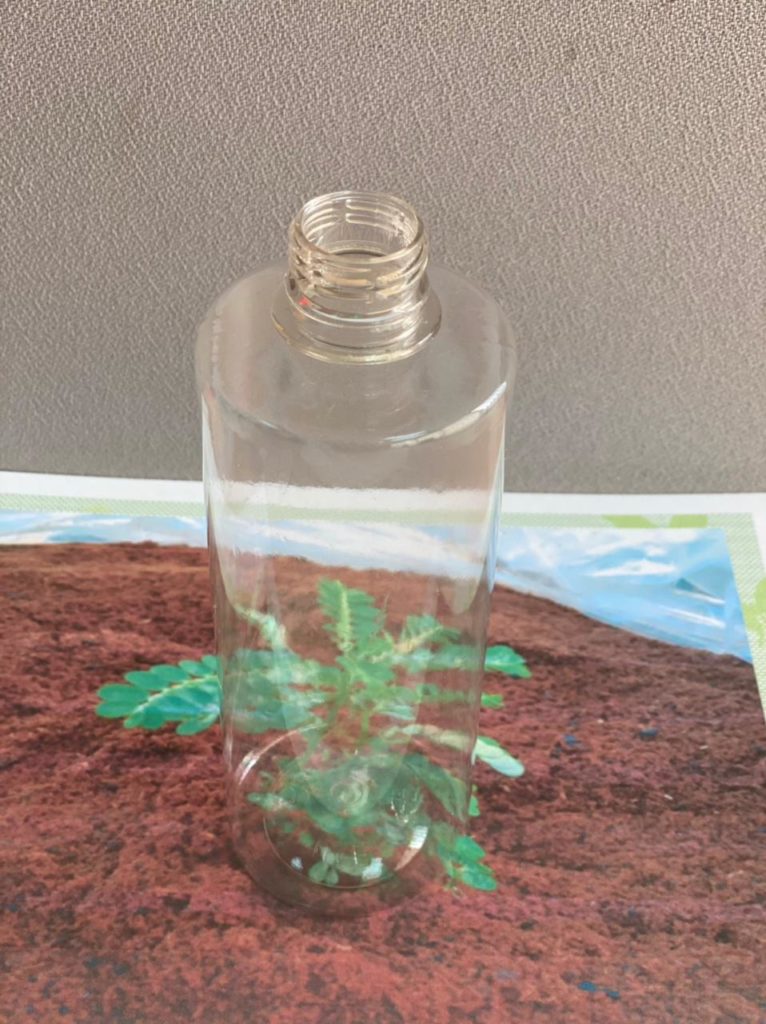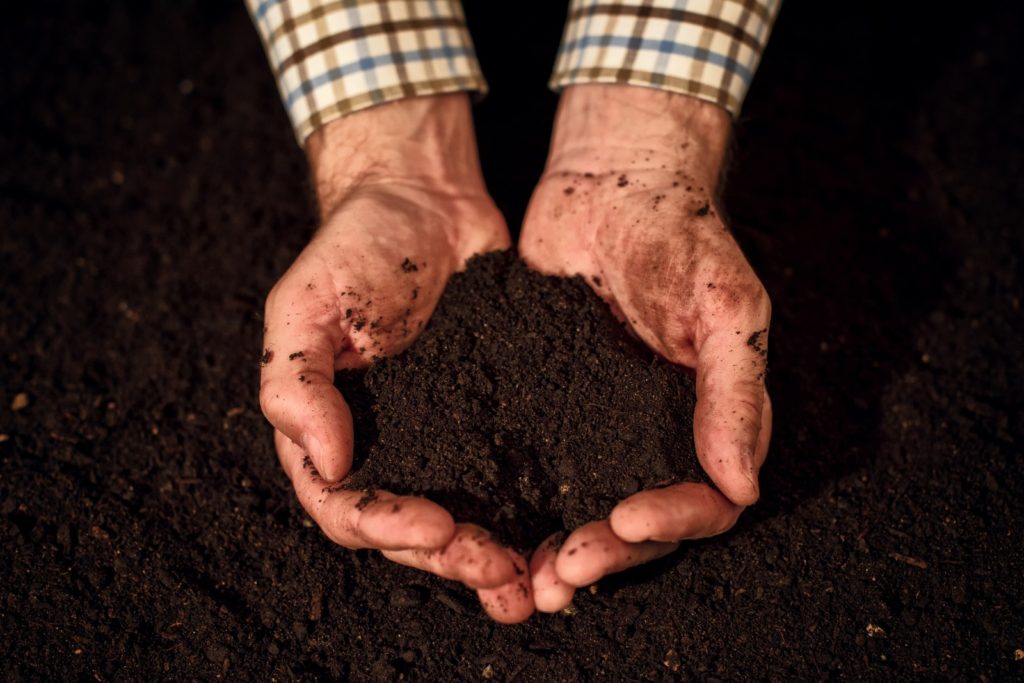- +31-624-845-535
- info@plabottles.eu
- in need of compostable packaging?
- Let's connect

Compostability Certifications in the USA: An Overview
Composting is an important part of the circular economy and a sustainable way to manage organic waste in the United States. To ensure that products labeled as compostable are truly biodegradable and don’t harm the environment, the US has established compostability certifications. In this article, we’ll look at the different compostability certifications in the United States.
Industrial Compostable Certifications
Industrial composting refers to the controlled process of breaking down organic waste into compost in a large-scale composting facility. Industrial compostable certifications are given to products that are suitable for this kind of composting and are biodegradable within a specified timeframe. The most widely recognized industrial compostable certifications in the United States are:
ASTM D6400: This is a standard for industrial compostability in the US and is widely recognized. To be certified under ASTM D6400, a product must biodegrade within 180 days in an industrial composting facility and leave no harmful residue in the compost.
BPI (Biodegradable Products Institute): This is a US-based certification body that certifies products as industrially compostable according to the ASTM D6400 standard. The certification process involves laboratory testing and real-life composting tests.
Home Compostable Certifications
Home composting refers to the process of breaking down organic waste in a small-scale composting bin or heap. Home compostable certifications are given to products that are suitable for this kind of composting and are biodegradable within a specified timeframe. The most widely recognized home compostable certifications in the United States are:
ASTM D6868: This is a standard for home compostability in the US and recognizes products that are biodegradable in a home composting environment. The standard requires that the product biodegrade within 180 days and leave no harmful residue in the compost.
BPI (Biodegradable Products Institute): This US-based certification body certifies products as home compostable according to the ASTM D6868 standard. The certification process involves laboratory testing and real-life composting tests.
Marine Compostable Certifications
Marine composting refers to the process of breaking down organic waste in a marine environment, such as the ocean or sea. Marine compostable certifications are given to products that are suitable for this kind of composting and are biodegradable within a specified timeframe. The most widely recognized marine compostable certifications in the United States are:
ASTM D7081: This is a standard for marine compostability in the US and recognizes products that are biodegradable in a marine environment. The standard requires that the product biodegrade within a specified timeframe and leave no harmful residue in the marine environment.
BPI (Biodegradable Products Institute): This US-based certification body certifies products as marine compostable according to the ASTM D7081 standard. The certification process involves laboratory testing and real-life marine composting tests.



Conclusion
Compostability certifications play a crucial role in ensuring that organic waste is disposed of in a sustainable and environmentally friendly manner in the United States. The different certifications cater to the different types of composting environments, such as industrial composting, home composting, and marine composting, and recognize products that are biodegradable within a specified timeframe. By choosing products with these certifications, consumers can contribute to a more sustainable future.
